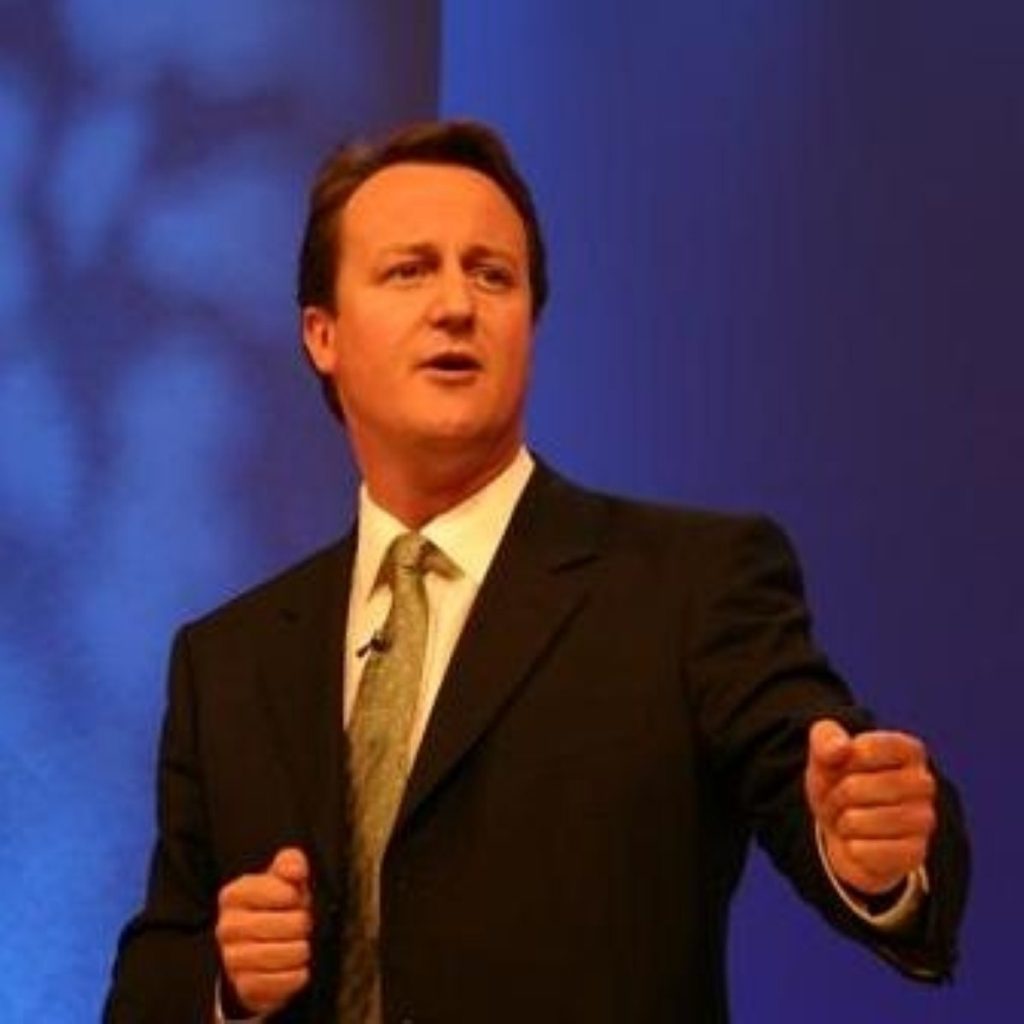Cameron: Poverty is a moral disgrace
David Cameron has declared that poverty is an “economic waste and a moral disgrace” and admitted his party must change the way it tackles the problem.
The Conservative leader dismissed the Thatcherite view that the poor will automatically benefit as society gets richer, saying: “Trickle down economics is not working.”
Mr Cameron acknowledged this was a “radical” change in policy, as it committed the Tories to a view of poverty that was not absolute – whether someone has enough to eat – but relative – how much poorer they were than everyone else in society.
“Tackling poverty is not just about a safety net below which people must not fall,” he said in a speech to mark the 25th anniversary of the Scarman report, which concluded that 1981 riots were mainly caused by poverty.
“We must think in terms of an escalator, always moving upwards, lifting people out of poverty. And crucially, an escalator that lifts everyone together.”
However, Mr Cameron stressed that as the traditional Conservative way of thinking had not delivered, neither had Labour’s “mechanisms of centralised redistribution” which saw handing out benefits as the only way of tackling poverty.
Labour has lifted 700,000 children out of poverty since 1997, but the Tory leader claimed some of these were now just above the poverty line. Meanwhile, the number of people below 40 per cent of the median income – the really poor – had risen by 750,000.
The only way to make progress in tackling poverty was to identify the causes and deal with them separately, Mr Cameron argued.
Parents must be given help with childcare and families must be supported with relationship help, he said. Tackling debt was also crucial, as were efforts against alcohol and drug abuse.
Overall, the Tory leader argued that people must be empowered to become “agents of their own escape from poverty”, and the voluntary sector could be crucial here.
“We recognise that reducing poverty is not an automatic consequence of creating wealth, that economic liberalism must be matched by economic empowerment,” Mr Cameron said.
However, work and pensions secretary John Hutton noted that Mr Cameron would not match Labour’s pledge to end child poverty, and said he was still planning to cut the New Deal and radically reform the tax credit system.
He added: “David Cameron’s attempt to suggest that under Labour there has been a rise in children living in the poorest households – those under 40 per cent of median income – is completely wrong and misleading.
“In fact, he is attacking his own record in government by using figures that start in 1994, when the Tories were in power and child poverty more than doubled.”





-01.png)